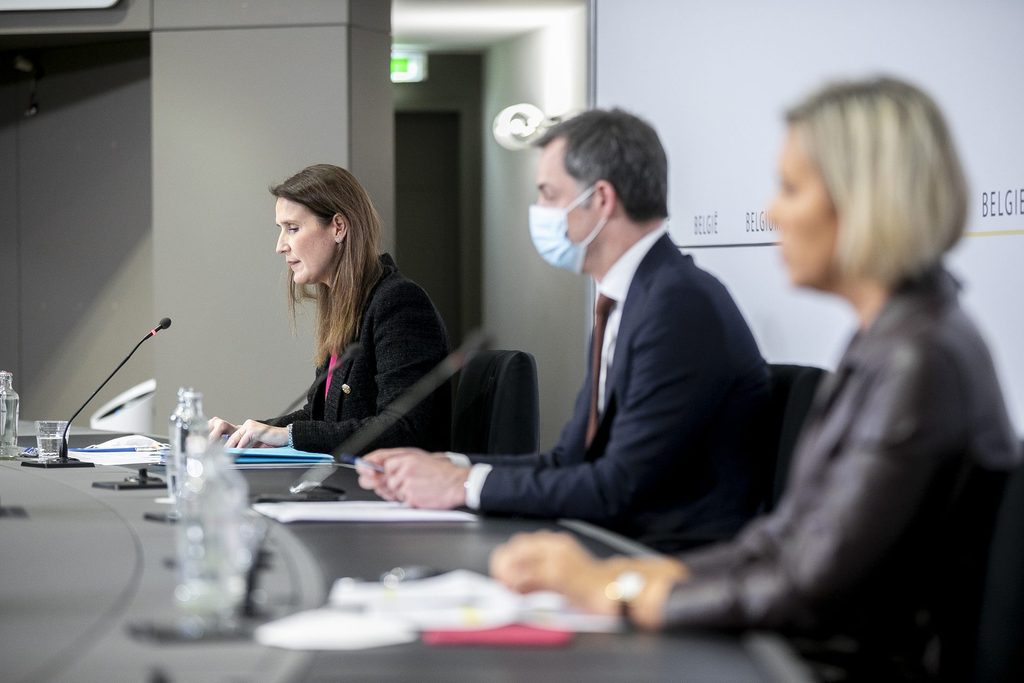The proportion of women in Belgian parliaments has risen exponentially since laws to increase gender equality in the country's politics were passed in 1994, according to a report by the CRISP political research centre.
The number of female MPs in the country's Chamber of Representatives has risen from 12% in 1995 to 43.3% since these laws came into effect, with similar if not better numbers at the regional level.
The Flemish Parliament has the largest number of female MPs with 46.8%, with the Brussels Parliament having a 46.1% share of Female MPs, compared to 41.3% of Walloon MPs.
These high numbers led the CRISP research centre to conclude that "each legislative advancement has undoubtedly resulted in an overall increase in the proportion of women among elected representatives and in political circles." The most lasting of these changes was the legal obligation for parties to respect gender parity on their electoral lists.
Researchers did stress, however, that this rise in female representation may not be solely due to these new laws, but rather due to changes in mentality within Belgian society.
Political parity in practice?
More worryingly though, the CRISP report revealed that gender parity in parliament is not yet reflected in power. Currently, only 38.2% of ministers in federal and regional governments are women, with only 15.8% mayors across the country being female.
This lack of representation of Belgian women is also felt at the European level, as only one female EU Commissioner has ever been appointed in the country (Marianne Thyssen, who was the EU's Employment Commissioner in 2014).
These differences are largely due to the less stringent laws regarding gender equality that the executive power has to take into account. Executive bodies are currently only required to have either a third of women or at least one woman within their ranks.
Related News
- Gender equality: Belgium ranks 10th in the world, World Economic Forum report finds
- Resignation of Belgian Gender Equality Secretary due to 'double standard'
It is possible that a rise in the number of female leaders may lead to Belgian women viewing politics in a better light. A survey conducted by the Plan International NGO in October of last year revealed that a majority of the country's women felt misunderstood by Belgian politicians.
Moreover, more than nine in ten stated that they found it difficult to take an interest in politics, especially as female politicians are more likely to be bullied or judged on their appearances than their male counterparts.
Now, the key now for the country's political class to ensure that the rise in female politicians is sustained and can meet Belgian women's demands. Politicians are also keen to avoid the number of new women in politics plateauing, as has been seen in the Brussels Parliament where the share of female MPs peaked at 46.1% in 2006.

